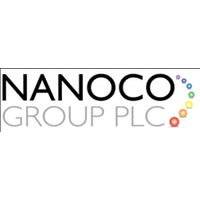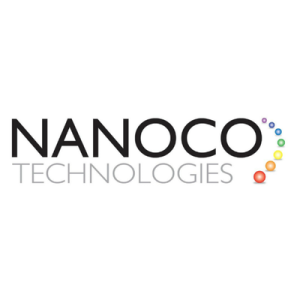Worcestershire’s burgeoning vertical farming industry received a boost with an event at Pershore College.
A two-day masterclass exploring all aspects of this 20 businesses, academics and individuals. Those who attended got to hear talks and presentations from leading industry experts in the fields of hydroponics, aquaculture and water filtration.
It also included a talk and tour of the college’s vertical farming educational facilities by Professor Roy Kennedy who leads the Agri-Tech Research Centre.
Nanoco Group PLC (LON:NANO) leads the world in the research, development and large-scale manufacture of heavy metal-free nanomaterials for use in displays, lighting, vertical farming, solar energy and bio-imaging


